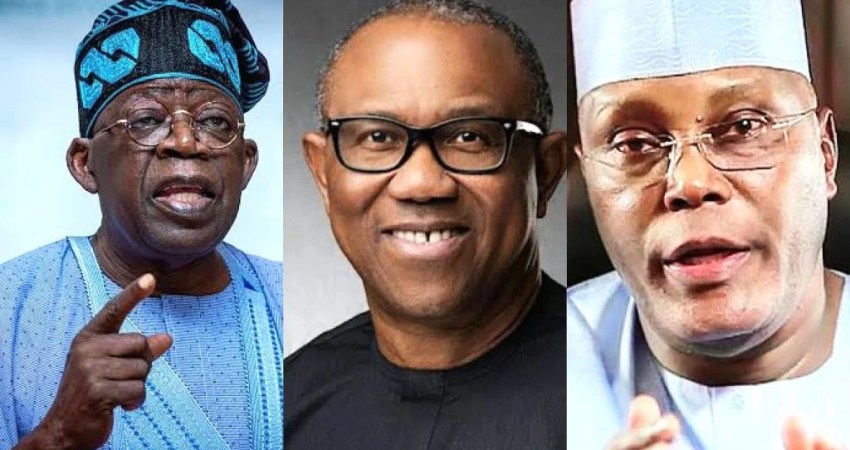In a startling investigation conducted by the British Broadcasting Corporation (BBC), evidence has emerged suggesting widespread manipulation of results in Nigeria’s presidential election held on February 25. The inquiry reveals significant anomalies, particularly in Rivers State, raising questions about the credibility of the electoral process and the integrity of the Independent National Electoral Commission (INEC). Moreover, the identity of an election official involved in the announcement of questionable results has come under scrutiny.
According to the initial declaration made by INEC Chairman Prof Mahmood Yakubu on March 1, Bola Tinubu, the presidential candidate of the ruling All Progressives Congress (APC), was declared the winner and subsequently referred to as the “president-elect.” Tinubu allegedly garnered 8,794,726 votes, defeating his closest contender, Atiku Abubakar of the opposition People’s Democratic Party (PDP), who received 6,984,520 votes. Peter Obi of the Labour Party (LP) secured 6,101,533 votes, placing third, while Rabiu Kwankwaso of the New Nigeria People’s Party (NNPP) received 1,496,687 votes.
However, the BBC investigation uncovers striking discrepancies in Rivers State, a pivotal battleground. The results in this state strongly suggest that Peter Obi of the Labour Party received the highest number of votes by a considerable margin, contrary to the official declaration, which awarded a clear majority to Bola Tinubu. The investigation highlights an increase of over 106,000 votes for Tinubu and a decrease of more than 50,000 votes for Obi in the official results, as compared to the BBC’s analysis of over 6,000 polling stations in Rivers State.
Notably, the investigation faced hurdles while attempting to obtain results from all the polling stations due to various issues, such as incorrect uploads, missing data, and blurred photographs of tally sheets. It is reasonable to assume that the official count incorporated these factors, which may have affected the accuracy of the results. Moreover, approximately 17% of polling stations had no results available, potentially due to security concerns, logistical problems, or technical issues faced by officials. The report emphasizes that the exclusion of these polling stations would have inflated the vote totals for all parties, rather than leading to a decrease in votes for specific candidates.
The BBC investigation sheds light on two major discrepancies in Rivers State. In Oyigbo local government area, the officially announced results recorded six times more votes for Tinubu and a halving of votes for Obi, compared to the BBC’s polling station count. A similar situation unfolded in the nearby Obio/Akpor local government area, where Tinubu’s official tally of 80,239 votes starkly contrasted with the 17,293 votes counted in the BBC’s analysis. Similarly, Obi’s official count of 3,829 votes sharply contradicted the BBC’s count of 74,033 votes from tally sheets.
Of particular concern is the identity of an election official named Dr Dickson Ariaga, who read out the results in Oyigbo. However, when confronted by the BBC, the Federal College of Education in Omoku, where Ariaga claimed to work, denied any knowledge of such an individual. Subsequent investigations by the BBC suggested a match of 97.2% between Dr Ariaga’s image from a Facebook account and the televised footage of the election official. However, Dr Ariaga did not respond to messages, and efforts to reach him were unsuccessful. INEC’s regional spokesman in Port Harcourt acknowledged that due to time and personnel constraints, some individuals were employed without proper check of who they really are.
